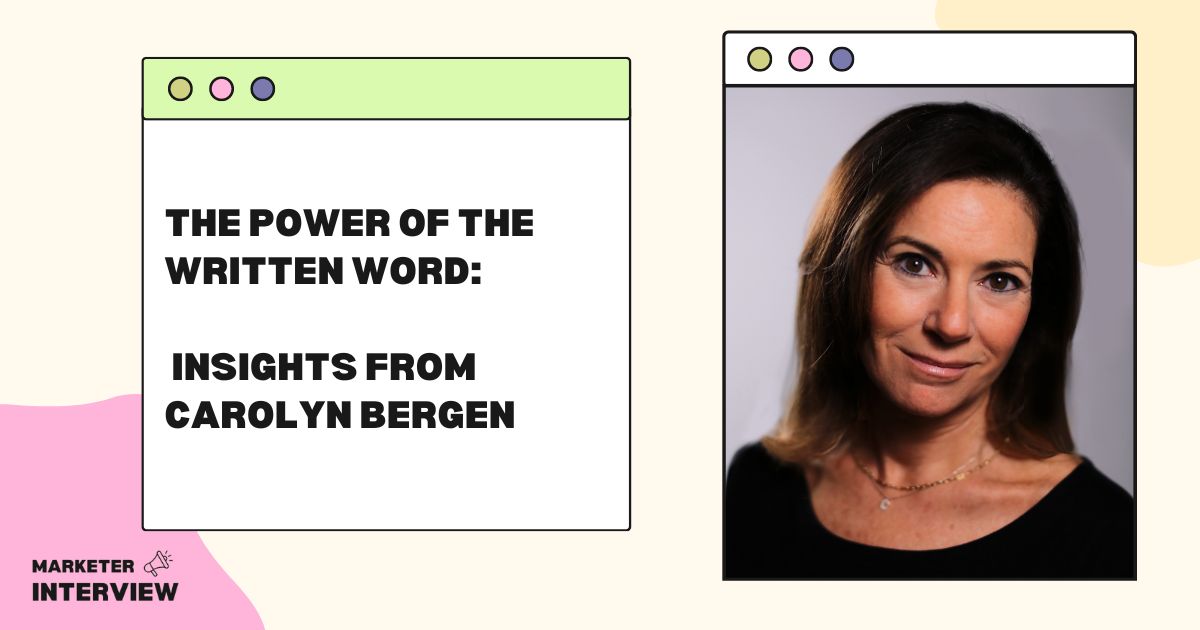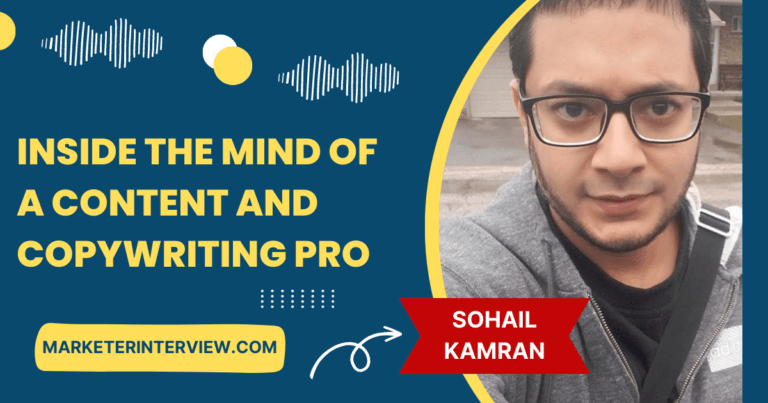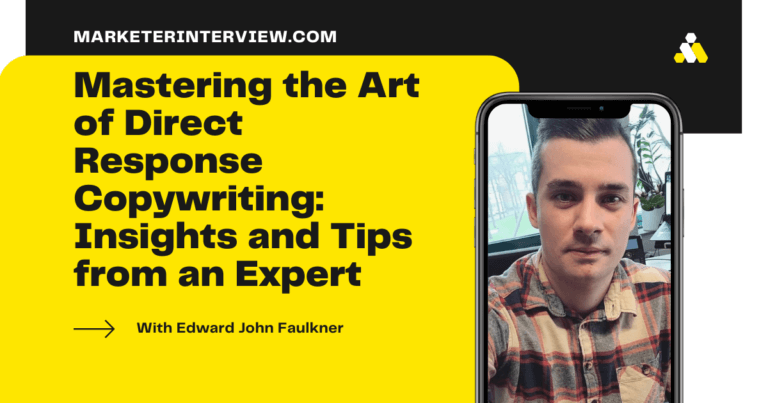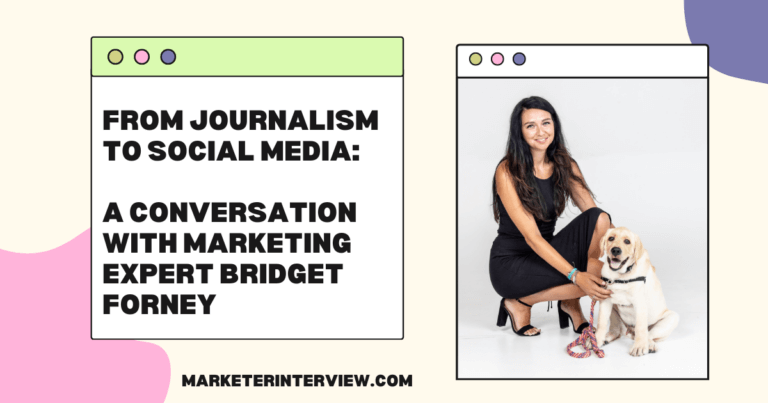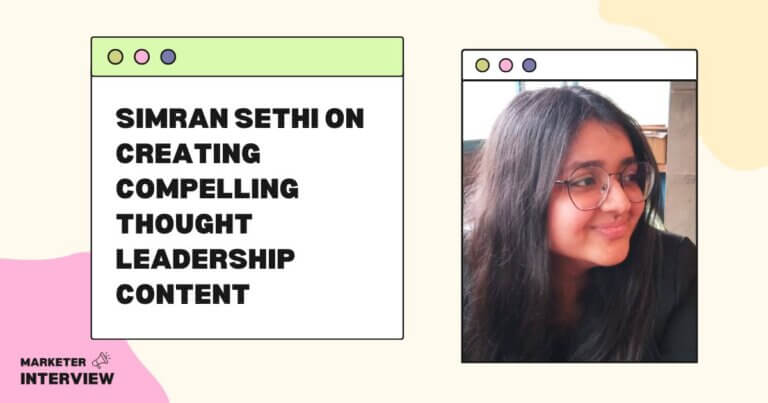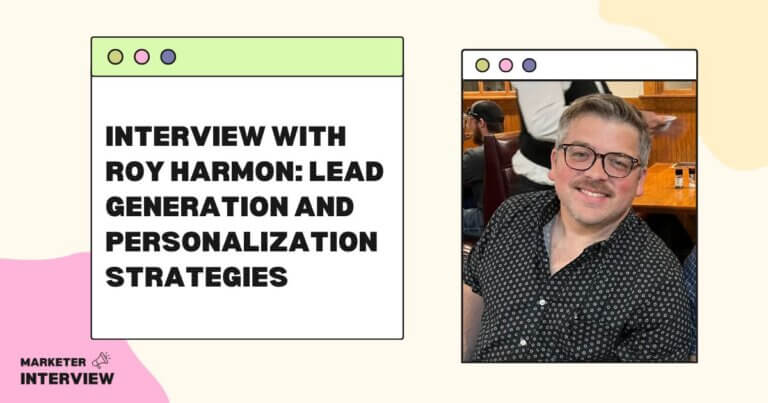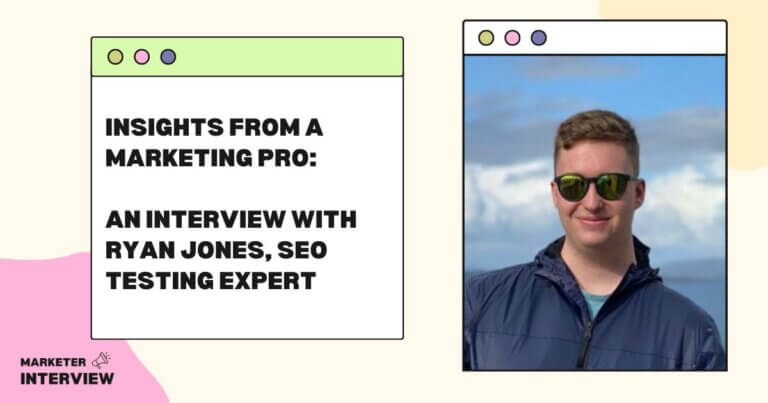The Power of the Written Word: Insights from Carolyn Bergen
Carolyn Bergen is an advertising Creative Director and writer known for her expertise in leadership, copywriting, and content creation.
With her passion for the power of the written word, she creates fully integrated communication platforms and user experiences that motivate, elevate, and resonate with audiences.
In this interview, we will explore her journey in marketing, her career as a creative leader, and her insights into copywriting and content creation.
Contents
- 1 Can you tell us about your background and how you got into marketing?
- 2 How did you develop your writing skills, and what advice do you have for aspiring copywriters?
- 3 How do you approach leading and managing a team as a Creative Director?
- 4 Can you share a project or campaign you are particularly proud of and what made it successful?
- 5 What common mistakes do marketers make in their content creation, and how can they avoid them?
- 6 How do you stay up-to-date with the latest trends and technologies in marketing?
- 7 Can you discuss the role of storytelling in brand building and how it can create brand trust?
- 8 In your opinion, what are some essential qualities of a successful marketing leader?
- 9 Can you speak to the importance of user experience in marketing and how it can impact a brand’s success?
- 10 What tools and software do you use in your work, and how do they help you be more productive?
- 11 Do you have any recommendations for other marketing professionals we should contact for future interviews?
Can you tell us about your background and how you got into marketing?
As a college student, I interned at WLS-TV Chicago (ABC-7) in the on-air promotion department, making local news and sports promos.
Upon graduation, I was getting ready to interview for a position in St.Louis when the head of a local advertising agency got a hold of my resume and offered me a job at his company. He made the opportunity very compelling, so as excited as I was to be shown “The Show-Me” state, I opted for the big-shouldered, albeit Windy City.
And I never looked back.
How did you develop your writing skills, and what advice do you have for aspiring copywriters?
You develop writing skills by writing. Then writing some more.
You write and write and write and drink coffee and then go back and do more writing.
One of my junior writers sent me three or four headline options for a new banner campaign we were working on. My response was, “Please send me twenty more lines.”
After the panic subsided, they actually wrote some great lines! You need to write a lot before the excellent stuff emerges. The more you do, the better you do it. Practice doesn’t necessarily make perfect, but it always makes progress.
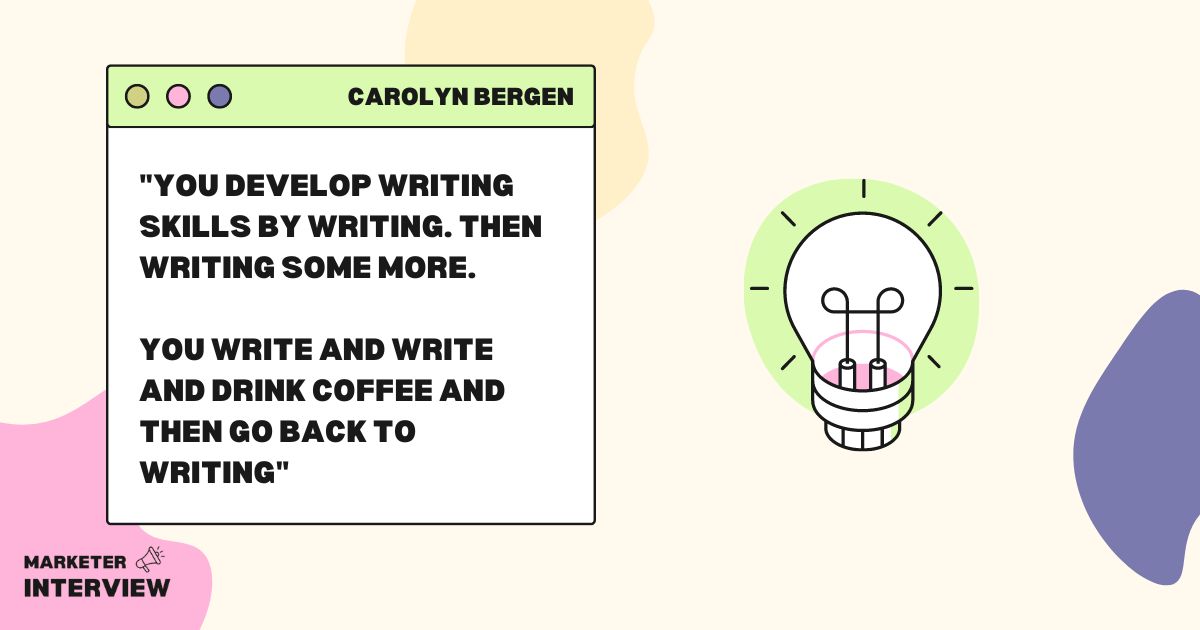
How do you approach leading and managing a team as a Creative Director?
Leadership necessitates being decisive, transparent, and authentic. But to be truly effective, you need to exhibit empathy.
Understanding where people are coming from and where they want to go will make managing their work (and careers) less challenging and will naturally result in better productivity.
When expectations are explicit, deadlines are defined, and objectives are obvious and unequivocal, you set your team up for success.
My role is to advocate for the team and the work. I do whatever it takes to protect and defend the creative, no matter how unexpected or unconventional. And it should always be unexpected and unconventional.
I can’t help but reference the mammography awareness campaign I did for the American Cancer Society with Patricia Arquette.
It ran in movie theaters and online. Patricia’s mom had recently succumbed to cancer, and it became an actual passion project for her.
Not only did we win an Effie, but I also had several strangers leave messages on my voicemail thanking me for the work. To this day, I don’t know how they found me!
What common mistakes do marketers make in their content creation, and how can they avoid them?
Content creation is not an extended commercial. That’s the most common and obvious mistake.
The best content is relevant to the consumer and doesn’t lean hard into the brand.
Too much brand reference in what is meant to be content feels promotional and will simply turn the consumer off.
Another mistake is neglecting the value of making things visually distinct and vibrant. While content is typically copy intensive, there should always be compelling visuals that help connect and engage.
How do you stay up-to-date with the latest trends and technologies in marketing?
The same way I keep up with the latest trends in music and memes…recent college grads!
Our interns and first-job-out-of-college creatives are digitally native and inherently immersed in the latest and most exciting technologies. And one of the collateral benefits of soliciting their advice on everything from influencers to innovation is that it helps build their confidence.
Asking for their opinions and advice allows them to feel like they can contribute in an environment where they are often overwhelmed by new processes and protocols they’ve yet to fully master. So everyone benefits.
Can you discuss the role of storytelling in brand building and how it can create brand trust?
We are a culture built on stories. It’s how we teach, learn, entertain, and bond.
Storytelling is the core of our humanity and what drives us as a society. When brands utilize authentic storytelling- and authentic is the key word in this sentence- to communicate their brand ethos, it can help establish deeper emotional connections with their customers and foster loyalty and long-term brand allegiance.
But the storytelling must be insightful, engaging, and relevant, not just regarding the brand but the customer’s experience as well. Nike is an excellent example of a brand that has consistently connected on an emotional and utilitarian level by incorporating brilliantly compelling storytelling.
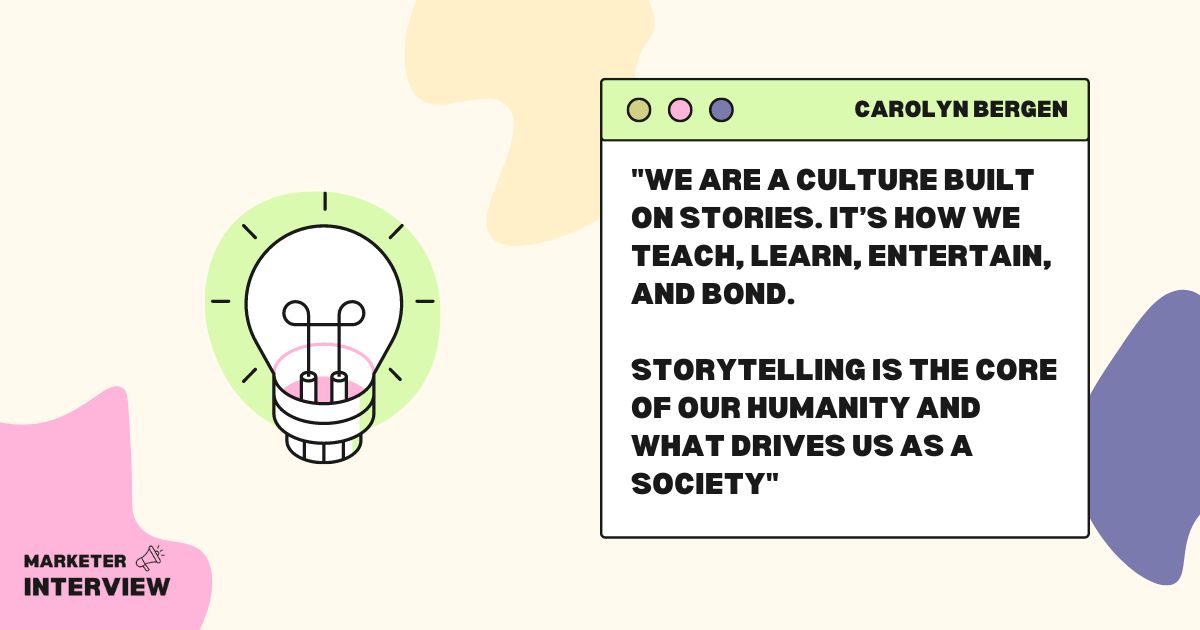
In your opinion, what are some essential qualities of a successful marketing leader?
Successful marketing leaders aren’t afraid to break the rules or go outside the boundaries. They see what everyone else is doing, and then they do things differently.
You can have success by copying your competitors’ every move or you can blaze a new path by paying attention to consumer behavior and filling in unmet needs. The latter holds better long-term growth opportunities and is infinitely more rewarding.
Can you speak to the importance of user experience in marketing and how it can impact a brand’s success?
A positive UX shapes a customer’s perception of a brand. If a customer has a seamless and enjoyable experience on a brand’s website or social media platform, it builds brand positivity and often results in more time (and money) spent.
We all know what it’s like to have a frustrating or pedantic UX and the subsequent lack of interest in ever going back to a cumbersome or slow site. So making sure there’s content that’s interesting and engaging, a clear call to action, and a leisurely check-out with as few steps as possible, is paramount.
What tools and software do you use in your work, and how do they help you be more productive?
I like Trello and Milanote. They’re great for project management because you can create boards, lists, and cards to visualize your projects.
Be Focused Pro, an excellent Pomodoro app, sets interval timers for work/break sessions, adding a beneficial structure for those days you work from home.
And Notion is a super customizable and very versatile productivity tool. It can do just about anything short of folding your laundry. I love Genius for song lyrics and keeping up with music charts, videos, and news.
Do you have any recommendations for other marketing professionals we should contact for future interviews?
Mike Rovner would be a great interviewee! His email is xxltaco@gmail.com and his linked in is https://www.linkedin.com/in/mikerovner/
